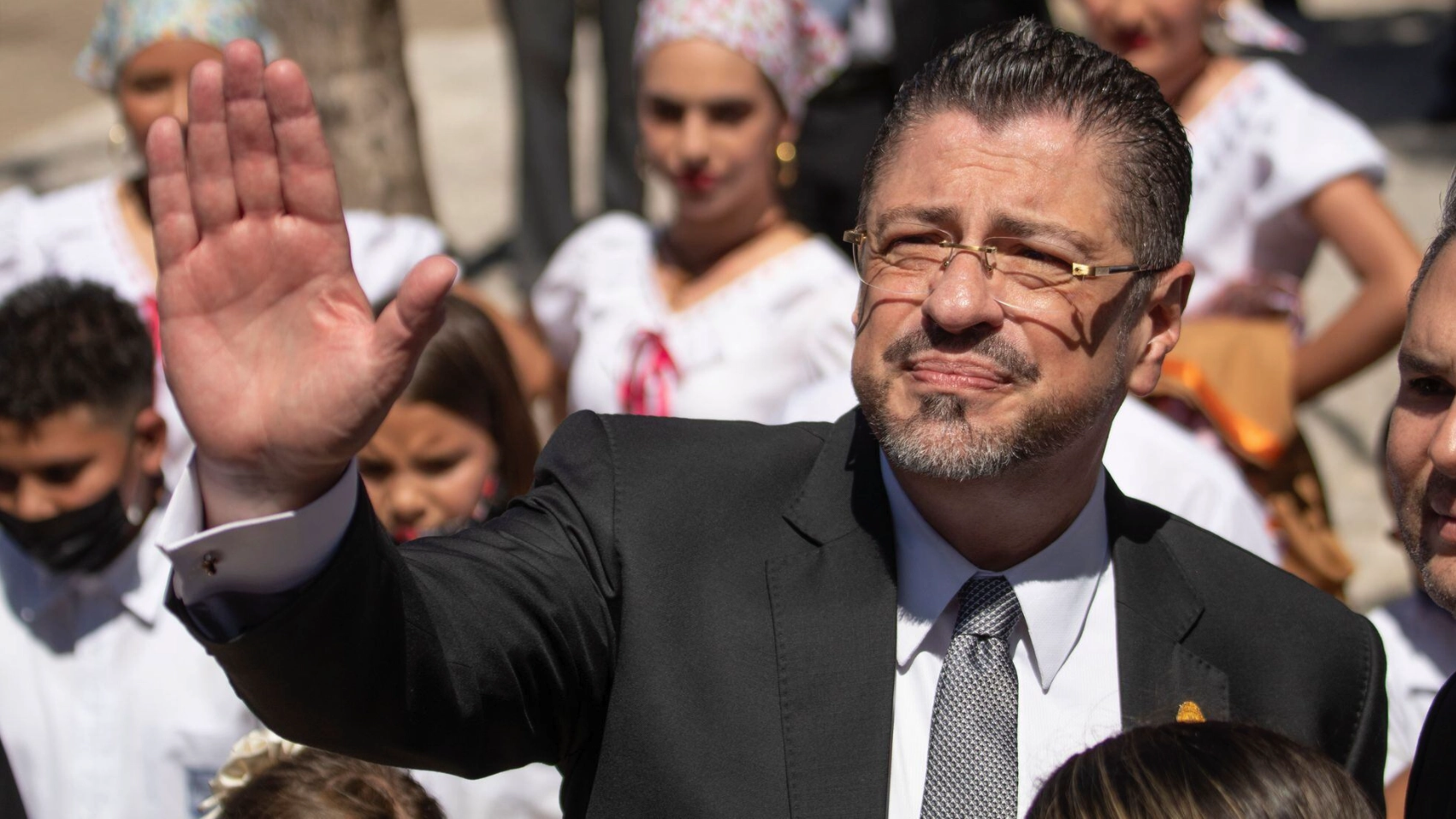On Sunday, February 4, the sixth municipal elections took place in Costa Rica. Before 2002, municipal elections were held concurrently with national elections, and as of 2016, the designation of all positions was unified and separated from presidential and legislative elections. The free and fair elections were held in an atmosphere of normality. The results were released promptly and unquestionably. A total of 6,612 positions were up for election with the participation of 71 political parties. A total of 3.5 million voters were eligible to vote.
The municipal elections report continuities on the one hand, and on the other hand, changes and reconfigurations as any event of this nature. One of the most important continuities is related to voter turnout. As in other societies that also hold local elections separate from municipal elections, voter turnout is generally lower than in other elections. Costa Rica is no exception.
In the five local elections between 2002 and 2020, the average voter turnout was only one-third of the electoral roll. In the 2024 municipal election, 32% of the registered voters cast their ballots. In other words, the trend of low voter turnout continues. Although this national average value is low, the data confirm a second important continuity: territorial disparities in turnout persist and are reinforced. Throughout the six municipal elections held (2002, 2006, 2010, 2016, 2020, and 2024), voter turnout in localities of lower human development and generally located in rural and peripheral regions has been higher than that recorded in urban cities, more developed and populated, located in the metropolitan area.
Some data illustrate this geographic pattern of participation: in the capital municipality of San José, the one with the largest budget and the highest media visibility, the turnout was 23%, the same figure as in Heredia (located in the north of the country). In addition, the municipality with the lowest turnout was Desamparados, in the capital province: it registered 21% participation. On the other hand, in municipalities such as Turrubares, the absenteeism was 39%, in Nandayure 41% and in Monteverde 44%, standing out as the cantons with the lowest abstention rate. In summary, the 2024 municipal election in Costa Rica behaved like the previous ones in terms of citizen participation and territorial disparities.
However, the most relevant rearrangements have occurred in the electoral support of political parties. In previous elections, the National Liberation Party (PLN) and the Social Christian Unity Party (PUSC) have dominated municipal offices. For example, in 2002, these two groups controlled 75 of the 81 municipal mayorships (93%). In 2020, the PLN and PUSC had 58 mayorships. This time, the aforementioned parties took 49 municipalities, a little more than half of the disputed ones. In this scenario, the political grouping that has lost more support is the PLN, which in 2024 lost 15 municipalities concerning 2020 and 30 compared to 2006, its best year. The PUSC, on the other hand, increased by 5 compared to four years ago, but far from the 48 municipalities it had in 2002.
In addition to the weakening of the PUSC and PLN parties at the local level, the fact that the ruling political parties at the national level (controlling the Executive Branch), in the last three elections (2016 onwards), share a characteristic that puts them disadvantaged in municipal elections: they lack territorial support bases. In fact, after times when the PLN and PUSC faced municipal elections being national government and obtained endorsements of 37%, 46% and 44%, in the last three municipal elections the other two groupings that have been government (PAC and Democratic Social Progress) have only reached 12%, 7% and 5% of electoral support.
The erosion of support for the traditionally dominant parties in the elections of municipal authorities has opened multiple spaces for emerging groupings that take advantage of disputes and become competitive groupings at the local level. In 2024, such grouping was Unidos Podemos, a party with no major history and no community roots, which went from 1 to 9 mayorships. In addition, the cantonal parties continue a gradual process of expansion in two directions: one territorial, covering more communities and territories, and the other, electoral, by reaching more mayorships and council seats in each election.
The last relevant changes are of a legal nature. In the 2024 municipal elections, two significant reforms were applied. The first one consisted of the application of limits to municipal reelection, which produced a renewal of the designated authorities, especially in the mayoralties. The second refers to the application of gender parity through alternation in all candidacies and in all constituencies in which political parties compete. The result of the application of this last rule was that some candidacies that did not comply with these requirements were denied, including those of two political groups (Pueblo Soberano and Aquí Costa Rica Manda) that received the support of President Rodrigo Chaves, after his conflict and disaffiliation from the Democratic Social Progress Party.
*Translated by Janaína Ruviaro da Silva from the original in Spanish.












